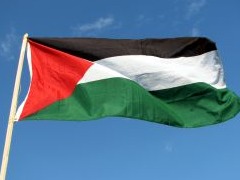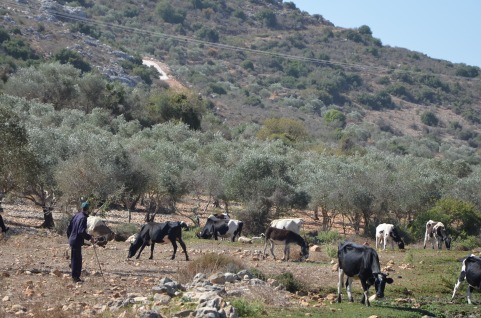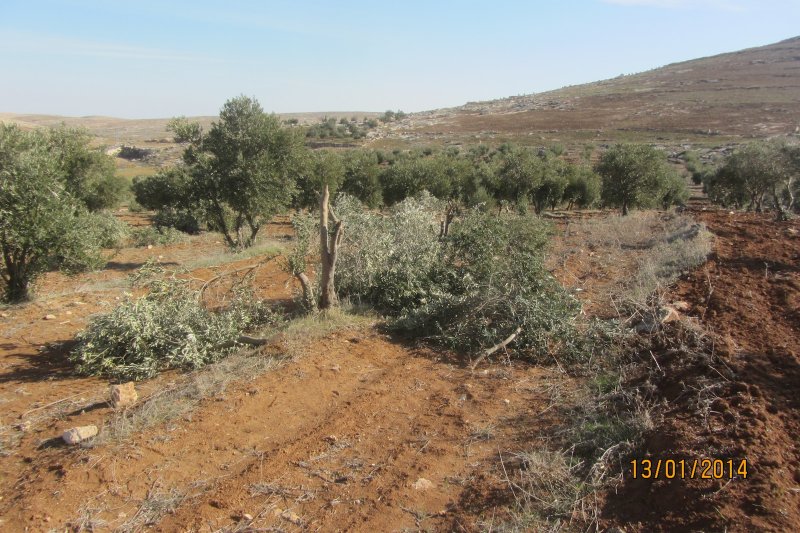-
International activists physically and verbally abused in detention
15th January 2014 | International Solidarity Movement | Occupied Palestine On Wednesday 8th January, Vincent Mainville and Fabio Theodule were arrested by Israeli border police in Khalil (Hebron). The two actvists were handcuffed and taken to Jaabara police station where they were forced to kneel on the concrete floor for approximately 30 minutes. Fabio was blindfolded […]
-
Two Palestinians arrested in Bruqin
12th January 2014 | International Solidarity Movement, Nablus Team | Bruqin, Occupied Palestine January 13th 2014: Today, 13th January 2014, the two men from Bruqin have been released from prison with a 2000 NIS bail each. Both men are under house arrest until the 24th January and must report to Ariel police station, inside the illegal settlement of […]
-
20 olive trees destroyed in the South Hebron Hills area of At Tuwani
13th January 2013 | Operation Dove | At Tuwani, Occupied Palestine This morning Palestinians discovered 20 olive trees destroyed alongside bypass road 317 in the South Hebron Hills area of At Tuwani. The olive tree groves belongs to the Al Amor family from At Tuwani and had been planted 34 years ago. At 9.35 am the owners, […]
Action Alert An Nabi Saleh Apartheid Wall Arrests BDS Bethlehem Bil'in Cast Lead Demonstration Denial of Entry Ethnic Cleansing Farmers Gaza Global Actions Hebron House Demolition International law Israeli Army Jerusalem Live Ammunition Nablus Ni'lin Prisoner Ramallah Rubber-coated steel bullets Settlement Settlers Settler violence Tear-Gas Canister Video



